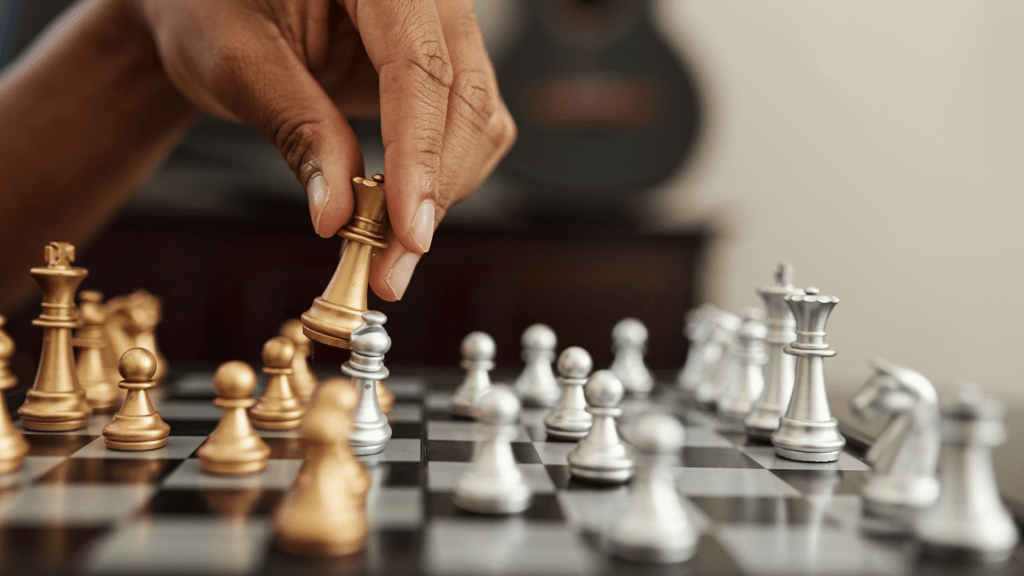
Chess is one of the oldest board games in human history, known for its intricate blend of intelligence and speed. Celebrated globally since July 20, 1966, International Chess Day commemorates this ancient game every year. Originating in India, the precursor to chess was a game called ‘Chaturanga,’ believed to have been developed between 319-543 CE during the Gupta Empire. Chaturanga itself evolved from various earlier board games. Today, chess remains a beloved game worldwide.
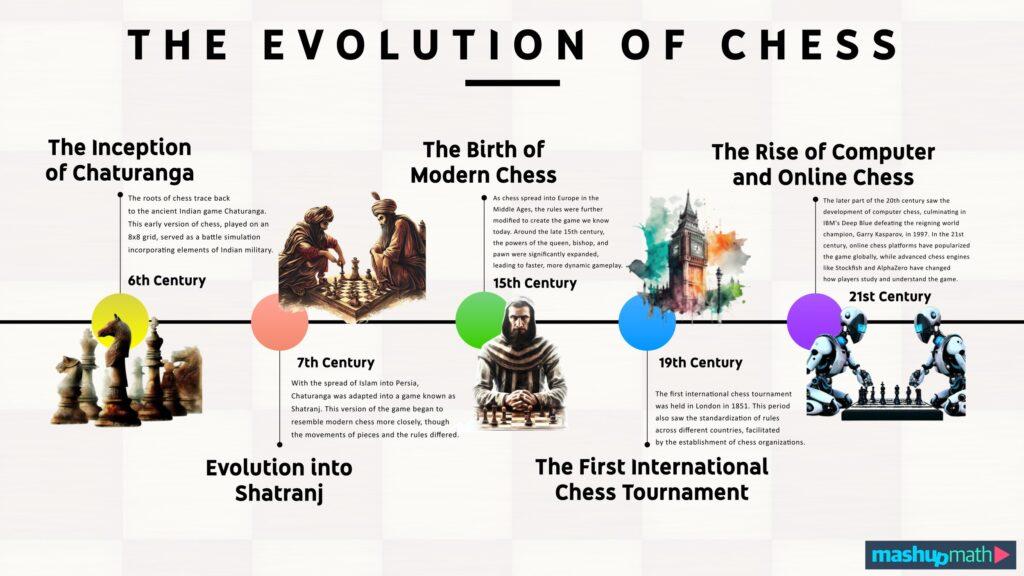
Albert Einstein once remarked, “Chess is the fastest game in the world, because every second, thousands of thoughts have to be processed.”
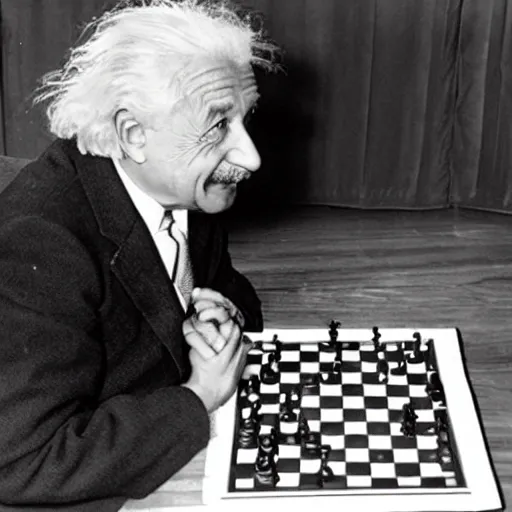
Similarly, Dr. Sir Arthur Conan Doyle said, “There is more mystery in a game of chess than in ten murders.” For decades, chess has captivated scientists across various fields. Research has focused on how chess influences children’s cognitive development and learning behaviors. Many countries now incorporate chess into school curricula to boost academic performance.
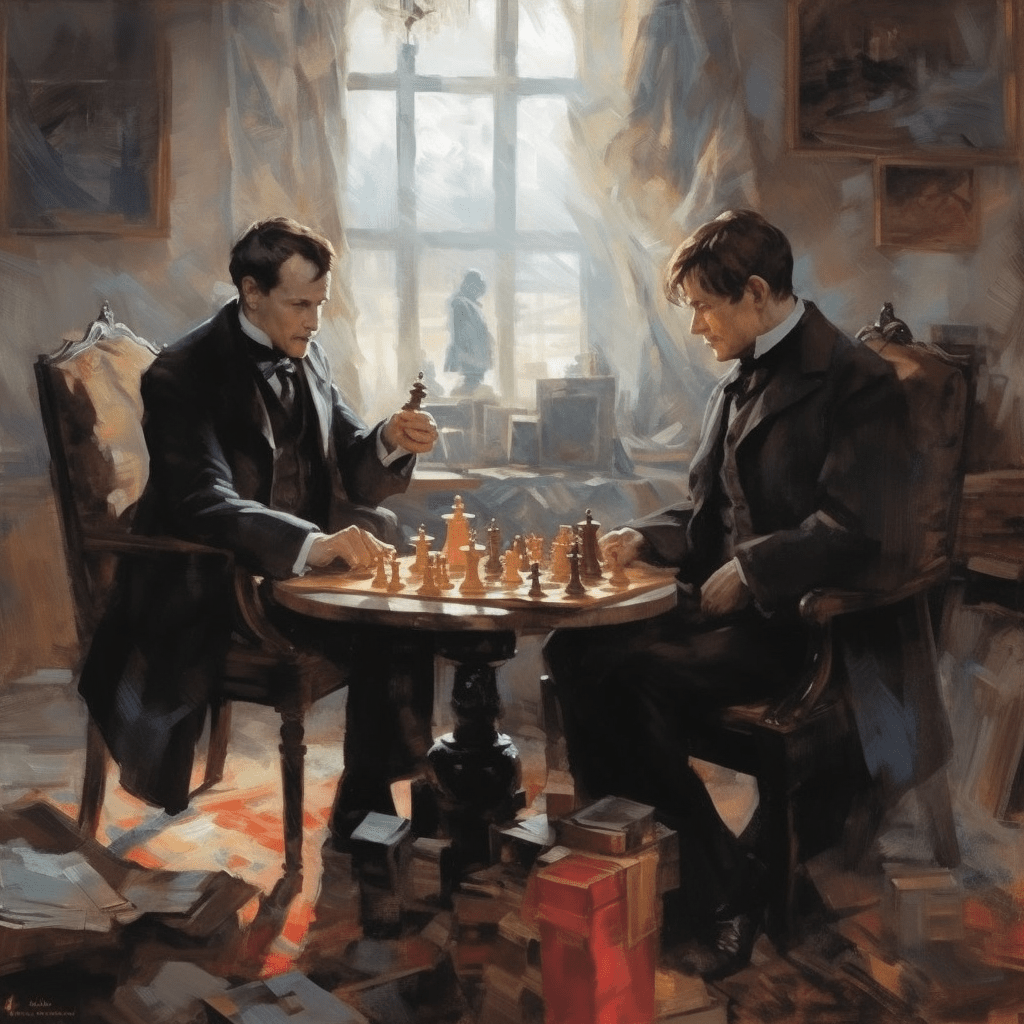
The development of computers and artificial intelligence has a close connection with chess. Computing power is used to navigate the complexities of chess, identifying optimal moves in any situation. This relationship has led to advancements in AI, as the efficiency of computing processes is improved by minimizing possible moves, a concept borrowed from chess strategies.
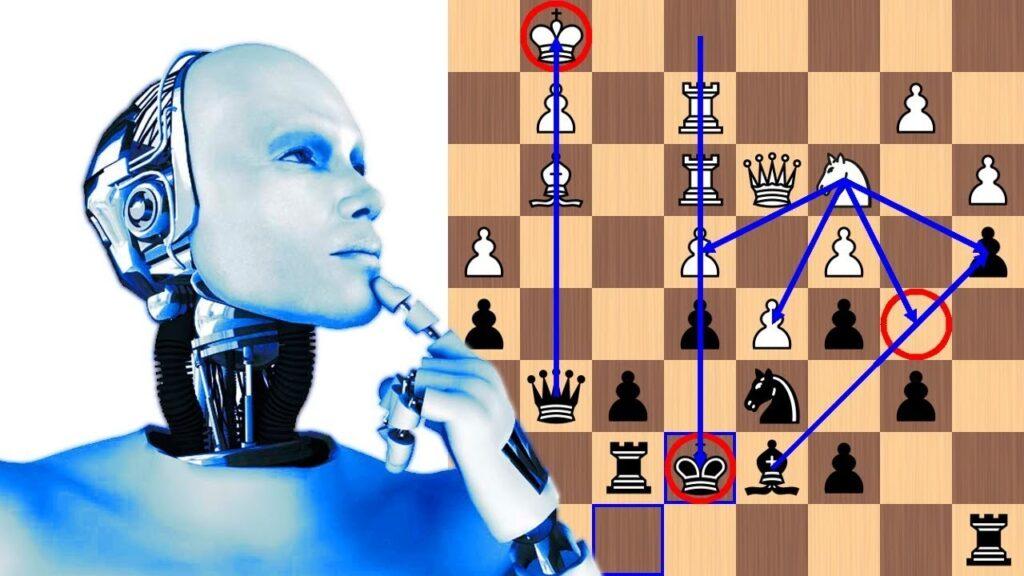
Medical professionals and psychologists also find interest in how chess players gather and process information. Research indicates that chess can enhance therapeutic outcomes for individuals with various disabilities, providing a valuable tool for therapy and cognitive improvement.
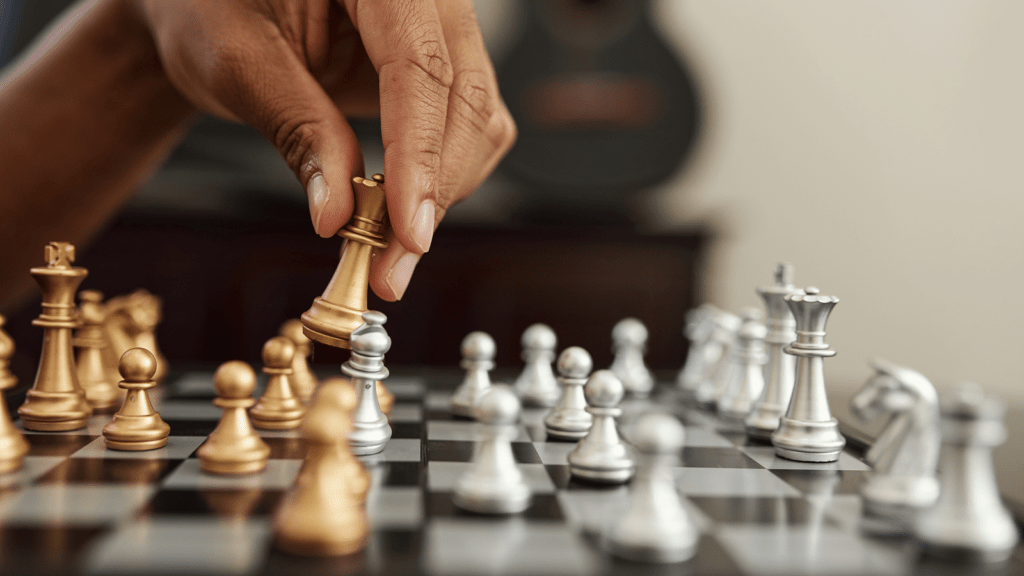

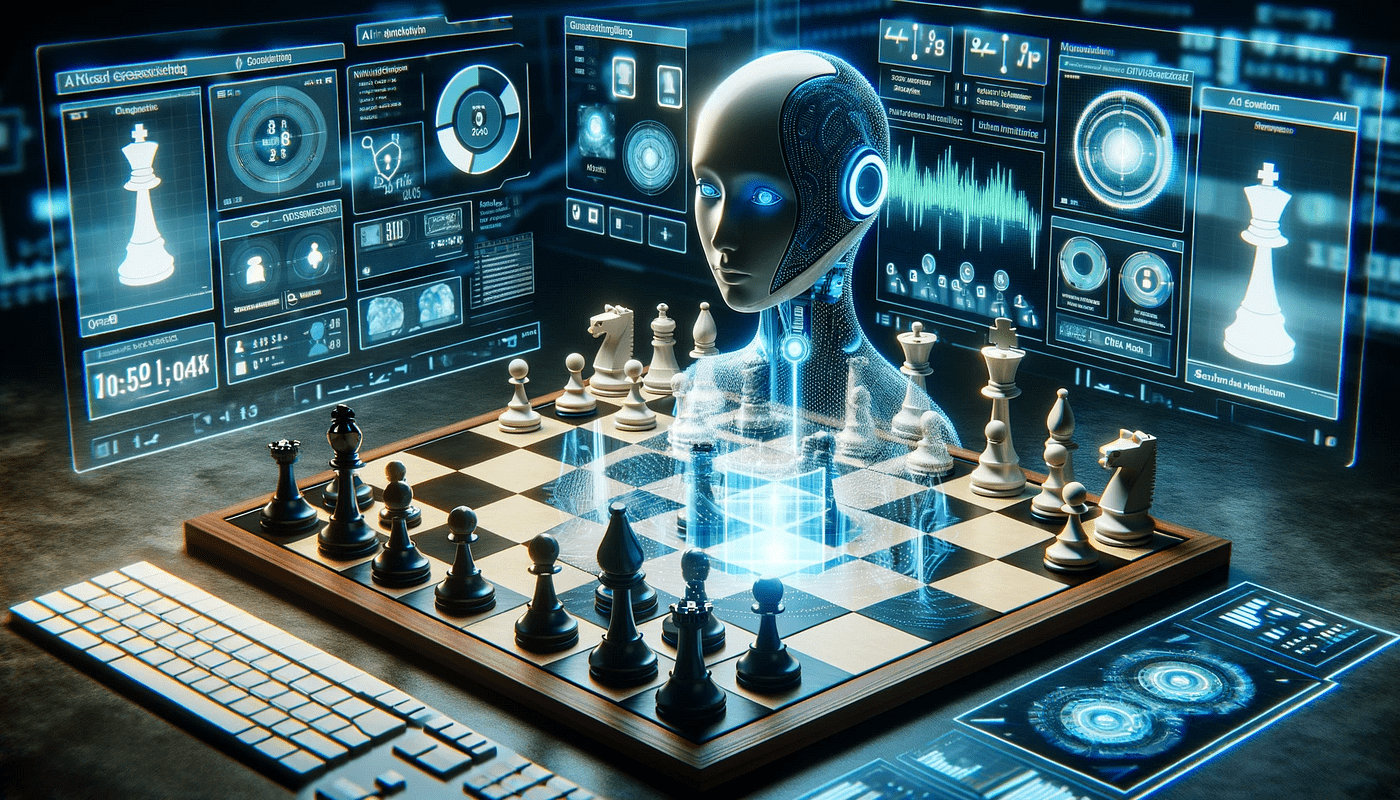


Recent Comments